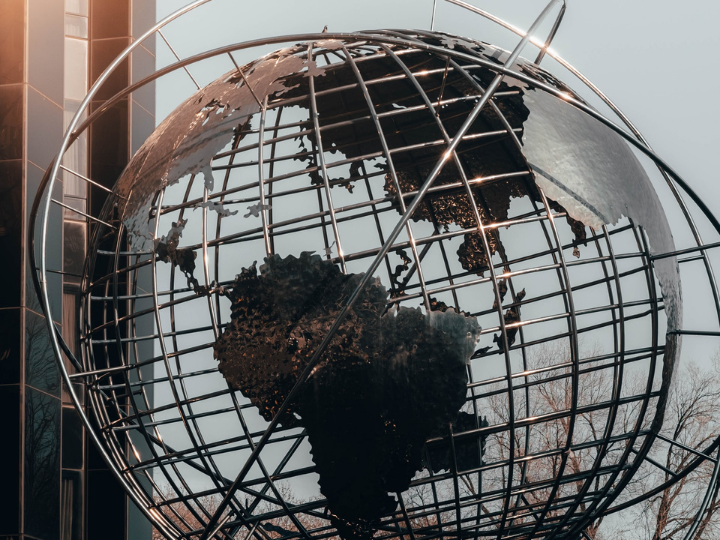by Georgi Gotev
We often speak of the “collective West” as the bulwark for democracy, individual rights, a free market economy, and the rule of law. We assume that the bloc to which we belong is not only big and powerful but also influential and attractive.
But a closer look shows that the countries on board are not so many, while few countries outside the bloc join its initiatives.
Two recent ‘joint statements’ by the West in the framework of the United Nations serve as a good example.
On 11 July, a group of UN member countries made a joint call asking Russia to cease hostile disinformation campaigns against Ukraine, including distortion of history and promoting false narratives, such as labelling others as “neo-fascist” or “neo-Nazis”.
Two days later, the same group of countries stated they support Ukraine’s proceedings before the International Court of Justice, seeking “to establish that Russia has no lawful basis to take military action in Ukraine on the basis of unsubstantiated allegations of genocide”.
This relates to Russia’s justification rolled out early on in the war that it had invaded to halt what it called genocide in pro-Russian areas of eastern Ukraine.
Now it’s interesting to look at which countries signed up for these initiatives. Of course, the US, the UK, Norway, Iceland, Canada, Japan, Australia, New Zealand and all the EU-27 members, including the EU as a collective entity. But what about the others?
The other signatories are Albania, Andorra, the Marshall Islands, Moldova, Monaco, Montenegro, North Macedonia, Palau and San Marino.
Not only are they few in number, but most are small countries that many would have difficulty finding on a map.
Amongst them, we see the Western Balkans EU hopefuls Albania, Montenegro, and North Macedonia, but Serbia and Bosnia and Herzegovina are missing.
We also see Moldova, a country which recently joined the club of EU hopefuls, with Georgia signing shortly after, despite not being admitted to the bloc’s waiting room.
The two UN initiatives were held under a diplomatic practice introduced in 1992 by Argentian diplomat Diego Arria, which allows greater flexibility in alarming the Security Council about international peace and security issues.
Apparently, when it came to Ukraine, the West in the UN took on board the like-minded, with the list possibly being selective for the sake of efficiency.
But still, the list of signatories is disappointingly short, and the absence of democracies from other continents, such as South Korea, Argentina, and Kenya (the list could be much longer), is certainly not a success for the West.
We have already argued that even in the context of Vladimir Putin’s war in Ukraine, his world is not so small.
In the UN, the home of 193 nations, he can still count on international support – or at least neutrality – from dozens of countries, including from some of the world’s most populous ones, like India, Brazil, South Africa, or Mexico.
As an indication, the list of countries that abstained or voted against the suspension of Russia’s United Nations Human Rights Council membership in April numbered more than 80 countries.
The EU remains attractive to most of the world for its living standards, but less so for its democratic and human rights values.
The paradox is that the rich West is attractive but not influential enough, both at the international and grassroots level. And at the same time, the rejection of Western values is becoming an increasingly powerful ideology shared by billions.
*first published in: www.euractiv.com




 By: N. Peter Kramer
By: N. Peter Kramer
